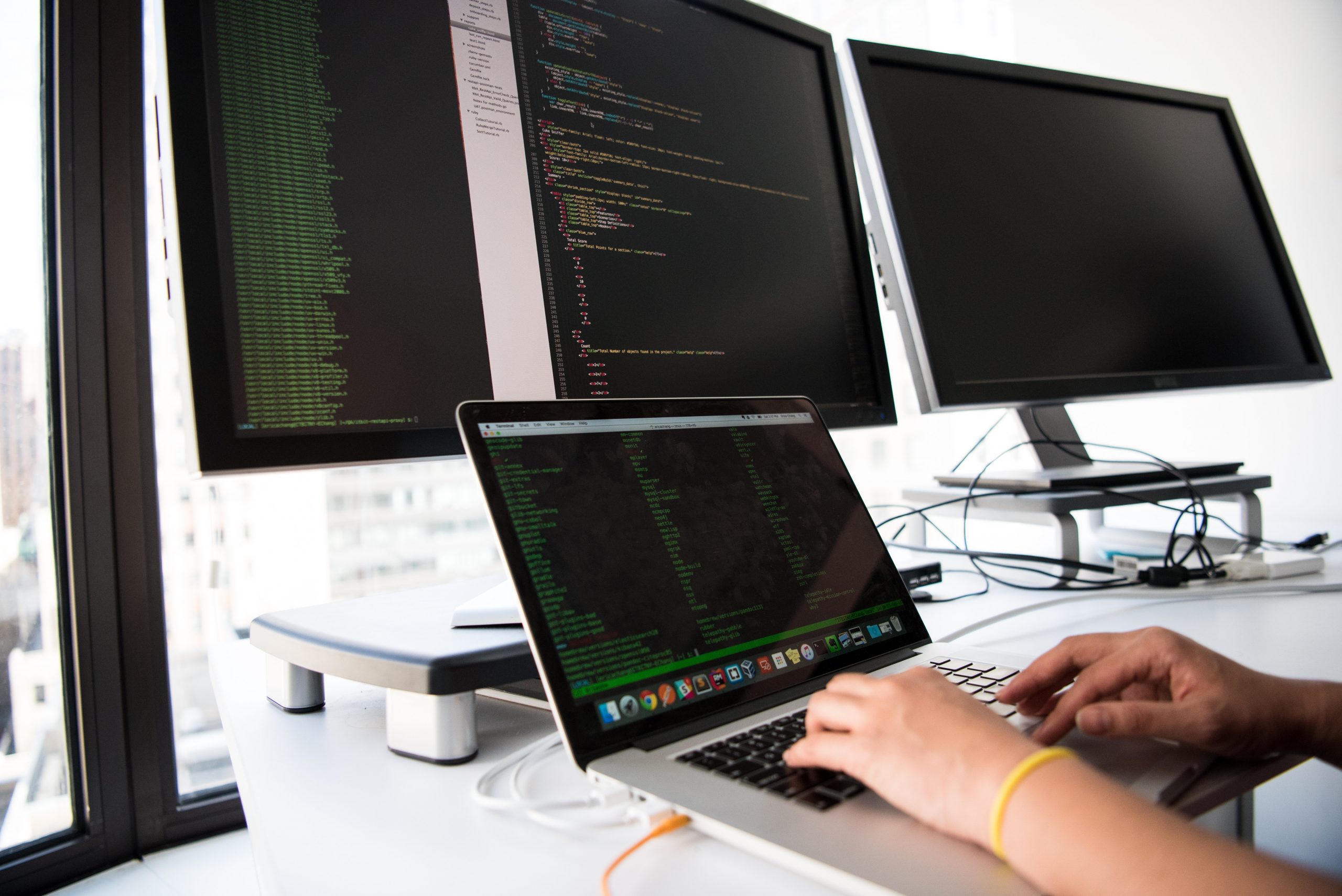Artificial Intelligence technology is essential to business and governmental organizations when it comes to increasing creativity and performing automated office tasks. On the other hand, business and IT leaders who are concerned about threats to cybersecurity are worried about artificial intelligence. They think the possibilities that hackers might use AI tools to identify ‘weak spots’ where they can exploit and attack an organization’s security system.
What Security Threats can be Determined by AI Technology?
The Defense Advanced Research Projects Agency supported the Cyber Grand Challenge hacking competition in Las Vegas, where each team must play a hacking game using seven high-tech machines to search and utilize the viruses against each other’s systems. The game is called Capture the Flag, wherein TechCrunch dispersed servers to particularly execute tasks while having a new code filled with bugs, security holes, and inefficiencies.
Carnegie Mellon succeeded from the competition because of how it develops to repair its own servers by slowing down the system and be available as Wired reported offline. A startup named ForAllSecure conducted research at Carnegie Mellon formed a bot called “Mayhem” where it acts as a system that catches bugs faster than humans.
Potential of AI Technology as a Cyber Weapon
In an interview by the New York Times with Marc Goodman a law enforcement agency adviser and author of Future Crimes said: “The thing people don’t get is that cybercrime is becoming automated and it is scaling exponentially.”
He believed that AI’s technology can be developed as cyberweapons like the popular malicious program tool known as Blackshades. Blackshades was created in 2015 by Swedish Alex Yucel who was allegedly accused and imprisoned because of selling the particular malware on the black market.
By sharing this with other neural networks, it can damage any system’s security where users can expose any confidential video or audio. IDG mentioned that tools like Blackshades might eventually use an AI to “design entire attack strategies, launch them, and calculate the associated fee.”
What Makes AI Technology an Effective Security Tool?
According to Tome Weingarten, CEO of security firm SentineIOne, there’s a possibility that an AI-driven technology in the web will become vulnerable somehow. However, AI researchers and cybersecurity organizations are doing a counter-attack to prevent any suspicious malware.
An AI Cylance device technology develops a system which identifies neural networks and can foresee the result and control the system. Jon Miller, chief research officer at Cylance also stated that the machine’s function can identify more than 99 percent of malware at a time.
AI will resolve suspicious malware that alters with different attacks according to John Clark, a computer engineer who wrote The Independent, and the new chair of computer and information systems at the University of Sheffield in the UK. Recently, an AI system called AI2 was developed by researchers from the Massachusetts of Technology’s Computer Science and Artificial Intelligence Laboratory.
It is said that 85 percent of attacks are can be detected by AI2 and decreases the number of wrong positives by a factor of five which is estimated to be three times better than its former benchmarks. AI2 detects any suspicious activities by searching through data and group them into significant patterns. The technology utilized approximately 3.6 billion pieces of log lines or data during its testing phase from millions of users over a period of three months.
Conclusion
AI technology and human cybersecurity instinct can be crucial to maintaining balance as per Wired. Humans have their limitations when it comes to doing a load of work to maximize security and neither could totally depend on machines for detecting cyber intrusions. Humans can hope that AI2 can be the multifaceted way out of the dilemma.
